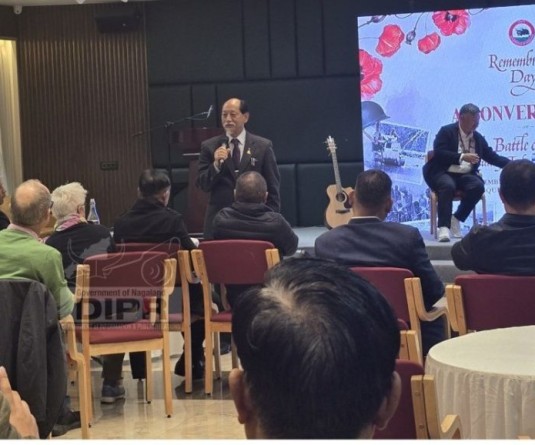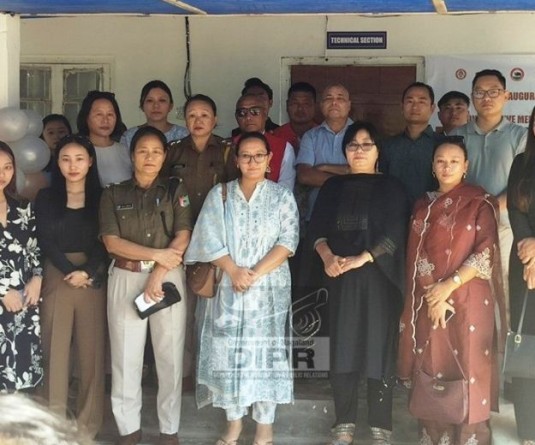
Majority of students from Kohima feel social media has negative effect on academic performances
Our Correspondent
Kohima | July 7
A research study on “Impact of social media on the academic performance of Class X students of Kohima, Mokokchung and Dimapur Districts” conducted by State Council of Educational Research & Training (SCERT) Nagaland as part of “2017: Year of Research” has revealed how parents, guardians and teachers are equally worried because of students spending too much time on Facebook and other social media sites and giving not enough time to study.
“Though parents are worried about students’ constant use of the social media sites, many students continue to utilize these sites on a daily basis,” the report stated adding that it is against this background that the research was conducted to ascertain the impact of students’ use of social media sites on their academic work.
The target population for the research included class X students from private and government school from the districts of Kohima, Dimapur and Mokokchung (50% of the student population from the 3 districts), parents of the sampled students and class teachers of Class X from the sampled schools.
Total number of Class X students in Mokokchung, Dimapur and Kohima Districts as per 2017 enrolment was 12428 students. The sample size for the research was 6214 students.
What students from govt/ private schools had to say
According to the findings, Facebook (60%) is the most common social media sites used by the students from both private and government schools in Dimapur, Kohima and Mokokchung Districts, followed by WhatsApp, YouTube and Instagram.
Most of the students from private schools of Mokokchung and Dimapur districts (34%) responded that using social media has no effect on their academic performances whereas majority of the students from Kohima District (62%) responded that it has a negative effect because it lowers their concentration in studies. Most of the students from government schools of all the three districts responded that it has no effect on their academic performances.
Majority of the students from both private and government schools access social media through their mobile phones especially during night (45%) with browsing time ranges from 3 hours or more. Most of the students from private and government schools responded that they have study hours during night (41%) which indicates that using social media affects their academic performances negatively.
Responses from both private and government students of all three districts revealed that they use social media primarily for uploading/downloading music and videos (35%) followed by communicating with friends, gaming etc.
The report also found that students learn academically from using social media sites. YouTube (40%) was the most helpful site for learning, the report stated adding that 80% of the students from both private and government schools from the three districts reported they have internet access.
Suggestions and recommendations for students
The research study suggested that students should be briefed about the pros and cons of social media, and should be encouraged to use social media sites primarily to support their studies in terms of assignment, projects, organizing academic materials, etc.
They should also be discouraged against wasting too much time on uploading/downloading music and videos, chatting with friends, gaming and other activities that do not help them academically. Students should be advised to manage their time between study hours and time spent on social media sites.
Students should be encouraged to maintain daily time table, it added.
Institutions can provide internet accessibility to students for accessing various media sites for the purpose of academic support, the report also suggested.
(This is Part-I report of the study on “Impact of social media on the academic performance of Class X students of Kohima, Mokokchung & Dimapur Districts” conducted by SCERT Nagaland.)






